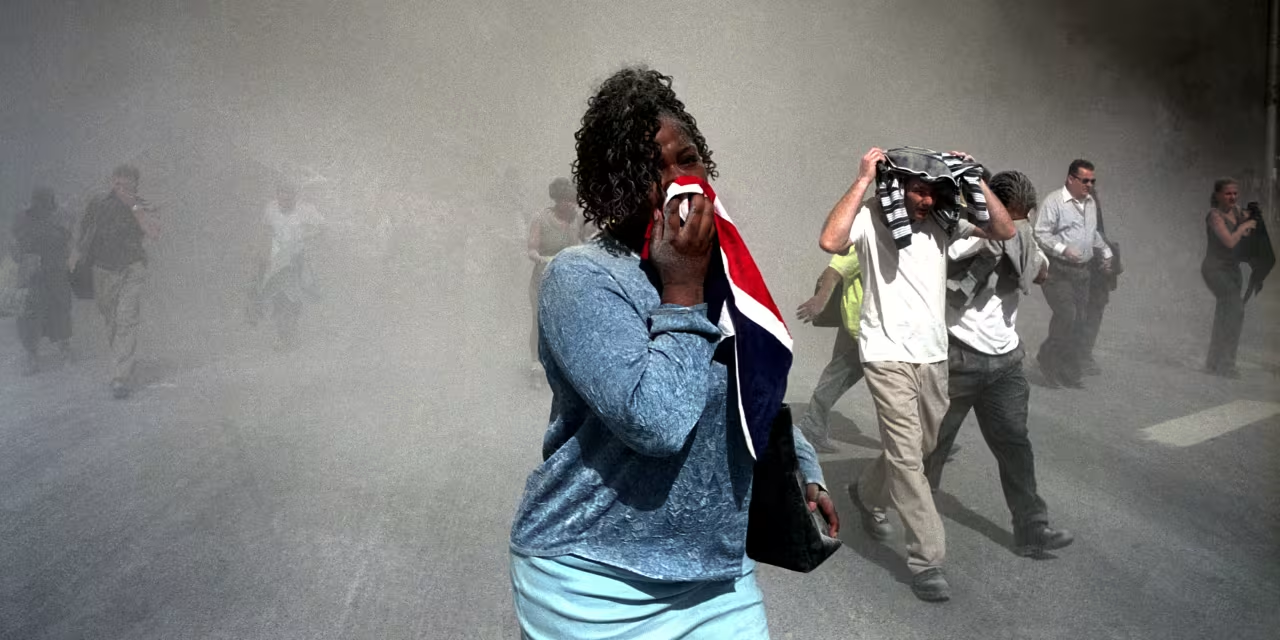molecular-designs.com – The events of September 11, 2001, marked a turning point in the history of the United States and the world. The terrorist attacks on the World Trade Center in New York City, the Pentagon in Arlington, Virginia, and the crash of United Flight 93 in Pennsylvania left a profound and lasting impact on the nation’s collective psyche. Beyond the immediate loss of life and physical destruction, the psychological aftermath of 9/11 has been profound and far-reaching, affecting not only those directly involved but also the broader American public and global community.
The Immediate Impact
In the immediate aftermath of the attacks, the psychological impact was acute. Survivors, first responders, and witnesses experienced a range of traumatic stress reactions, including shock, disbelief, grief, and fear. Many reported symptoms of post-traumatic stress disorder (PTSD), such as flashbacks, nightmares, and hypervigilance. The loss of loved ones and the disruption of daily life contributed to a sense of vulnerability and insecurity among the general population.
Long-Term Effects
The psychological effects of 9/11 have persisted long after the initial shock. Survivors and those who lost loved ones have faced ongoing struggles with grief, depression, and anxiety. First responders, who were exposed to the horrors of the attack and its aftermath, have reported high rates of PTSD, respiratory issues, and other health problems. The broader American public has also experienced a shift in collective consciousness, with increased feelings of vulnerability and a heightened sense of security concerns.
Changed Perceptions of Safety and Security
The attacks of 9/11 fundamentally altered perceptions of safety and security in the United States. The establishment of the Department of Homeland Security and the implementation of the USA PATRIOT Act reflected a new emphasis on national security and counterterrorism. However, these measures also raised concerns about civil liberties and privacy, contributing to a complex psychological landscape of fear, resilience, and adaptation.
Coping and Resilience
In the face of such trauma, individuals and communities have demonstrated remarkable resilience. Support systems, counseling services, and memorials have played crucial roles in helping people process their grief and move forward. The annual remembrance ceremonies on September 11 serve as a collective act of mourning and a testament to the enduring spirit of those affected by the tragedy.
Conclusion
The psychological aftermath of 9/11 is a testament to the profound impact of terrorism on the human psyche. While the immediate trauma of the attacks has faded, the long-term effects continue to shape the emotional and mental health of those directly affected and the broader society. Understanding and addressing these psychological consequences is essential for healing and preventing future tragedies from taking an even greater toll on the human spirit.
